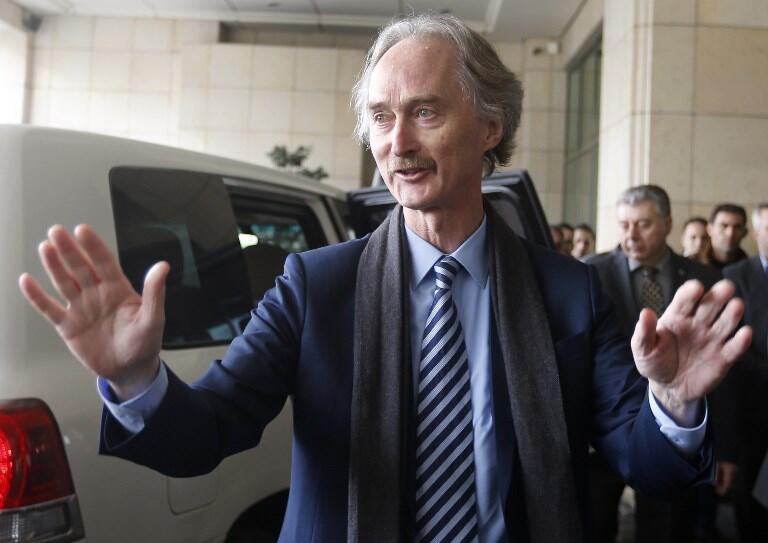Recent developments in Syria have sparked a renewed sense of optimism for a peaceful and democratic transition. Following dramatic events that ended decades of dictatorship, UN Special Envoy for Syria, Geir Pedersen, concluded talks in Damascus with a message of hope and determination for the country’s future.
Transition Towards Democracy
In his statements, Pedersen emphasized the importance of adhering to UN Security Council Resolution 2254. This resolution outlines a framework for a new constitution, free elections, and a Syrian-led, inclusive political process. Despite acknowledging the many challenges ahead, Pedersen described the current moment as the potential beginning of “a new Syria.”
Stability and Challenges
While stability has been reported in parts of Damascus, other regions face ongoing volatility. The northeast, in particular, remains fragile despite an extended ceasefire. Pedersen highlighted the critical need for humanitarian assistance and economic recovery to rebuild the nation. He also expressed hope that sanctions could eventually be lifted to support Syria’s growth and stability.
International Support for Sovereignty and Peace
The UN Security Council reiterated its support for an inclusive political process, reaffirming Syria’s sovereignty and territorial integrity. Members stressed the importance of combating terrorism and preventing extremist groups from regaining influence. They also called for the upholding of human rights and international humanitarian law to ensure justice and protection for all Syrians.
Dire Humanitarian Situation for Children
Syria’s prolonged conflict continues to have devastating effects on children. According to UNICEF, over 7.5 million children urgently need humanitarian aid. Many face risks such as forced labor, early marriage, and recruitment into armed groups. With nearly 40% of healthcare facilities non-functional and rising costs of basic goods, families struggle to meet their most basic needs. Landmines and unexploded ordnance remain a persistent danger, particularly for children.
UNICEF’s Regional Director, Edouard Beigbeder, called for robust social protection programs to prevent families from sliding further into extreme poverty. He also emphasized the necessity of restoring vital public services and scaling up humanitarian assistance.
Relief Efforts and the Role of Women
The UN and its partners continue to provide critical support across Syria, from emergency cash assistance to healthcare and shelter. During a recent visit to Homs and Aleppo, UN Emergency Relief Coordinator Tom Fletcher praised the resilience of local communities. He underscored the pivotal role of women in rebuilding efforts, emphasizing the need to sustain funding for projects that empower women as leaders in the recovery process.
A Call to Action
As Syria navigates this critical period, the international community and local stakeholders must work together to address immediate humanitarian needs, promote economic recovery, and ensure a sustainable path toward peace and democracy. Upholding human rights, fostering inclusivity, and protecting vulnerable populations will be essential to building a brighter future for all Syrians.
For more updates on Syria’s transition and relief efforts, stay connected with our platform. Together, we can amplify the voices of those striving for peace and progress in the region.
check UN news for more details


 العربية
العربية